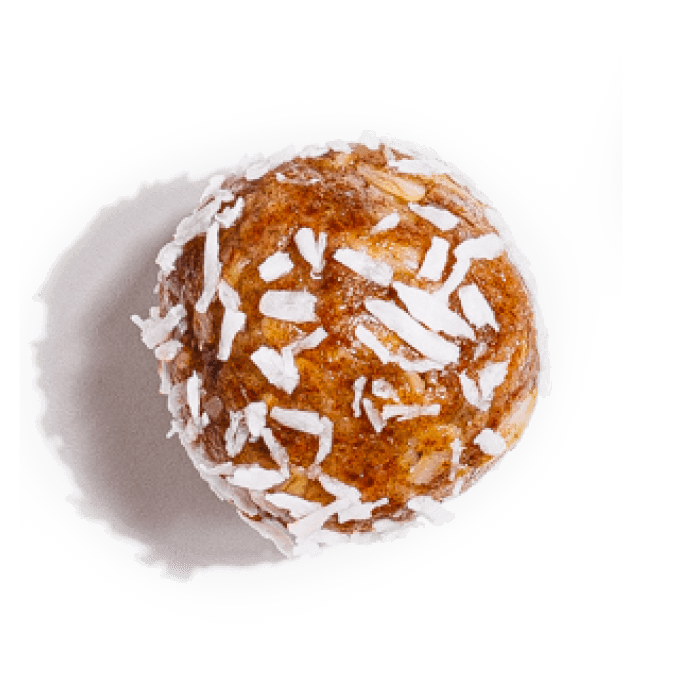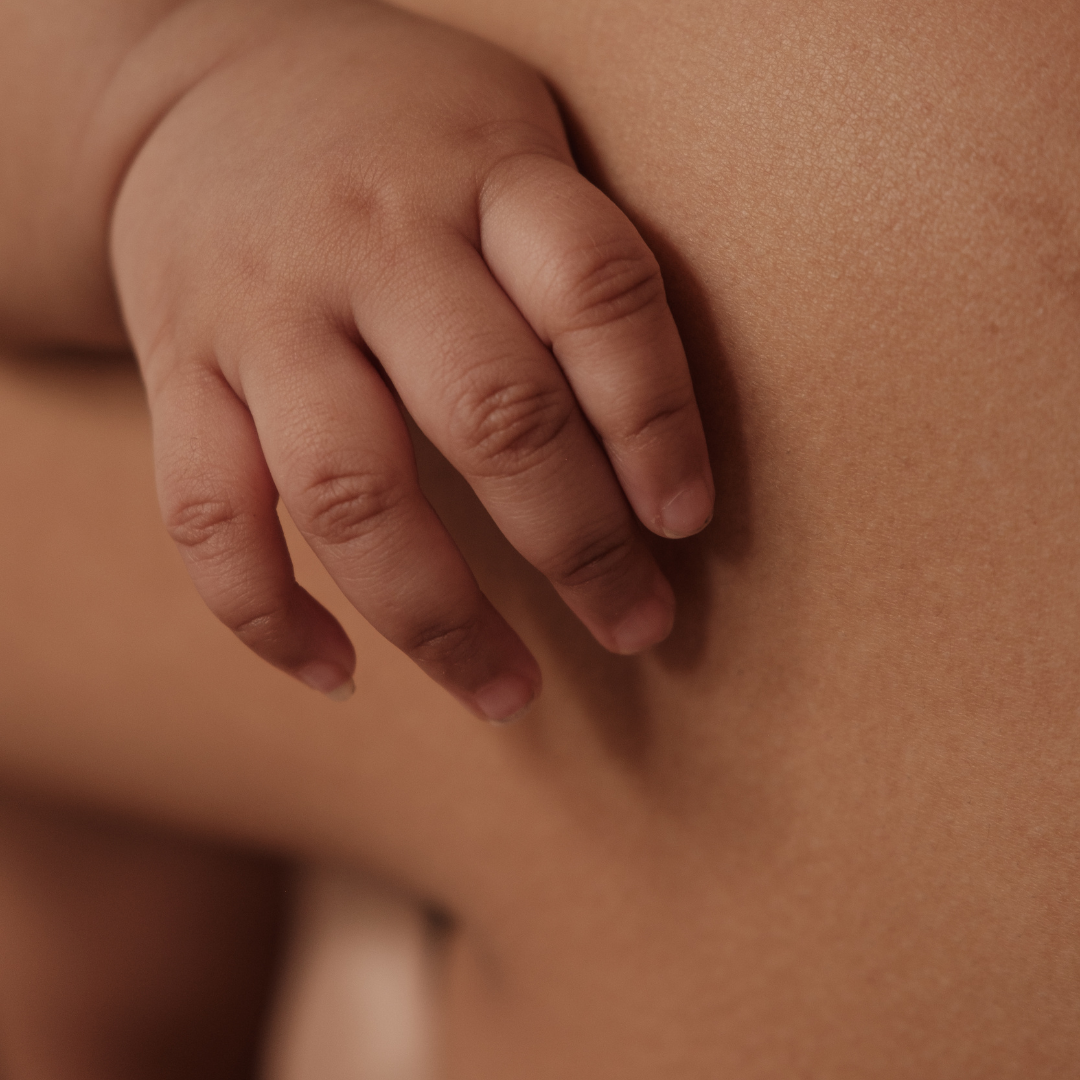By: Krista Maas de Villiers, BSC Dietietics
Six weeks postpartum? That’s just the beginning.
Recovery after childbirth is not a sprint—it’s a marathon. Your body goes through extraordinary changes during pregnancy, birth, and breastfeeding, and yet, postnatal nutrition is often treated as an afterthought. In this blog, we’ll take a closer look at what your body really needs after giving birth—and why continuing a real food prenatal like Nunona is one of the most important things you can do for your health, energy, and long-term recovery.
Postpartum Recovery Takes Longer Than You Think
Despite what the 6-week postpartum checkup might suggest, full recovery from pregnancy and childbirth can take months—or even years. The body needs time to restore nutrient levels, rebuild tissues, regulate hormones, and adapt to the new demands of motherhood.
A 2022 review published in Nutrients emphasized that postpartum is “a period of continued physiological and emotional adaptation,” and that nutritional needs remain elevated well beyond delivery (1). Healing wounds, producing breastmilk, losing blood and fluid, and managing sleep deprivation all require sustained nutritional support.
The Reality of Postnatal Depletion
Postnatal depletion is a clinical term describing the combination of nutritional deficiencies, hormonal imbalances, and psychological stress that many mothers experience for months (and often years) after giving birth.
Some of the most common symptoms include:
-
Fatigue and exhaustion
-
Brain fog or memory issues
-
Hair loss and dry skin
-
Anxiety, irritability, or low mood
Studies show that women are often deficient in key nutrients like iron, zinc, vitamin B12, and choline for up to two years postpartum (2). These deficiencies are worsened by breastfeeding, poor dietary intake, and the cumulative toll of sleep deprivation and stress.
Postnatal depletion isn’t just “being tired”—it’s a real, biological condition. And the solution starts with better nutrition.
Breastfeeding Is Nutritionally Demanding
Breastfeeding is often described as “free”—but nutritionally, it comes at a cost. Producing breastmilk requires an extra 400–500 calories per day and increases the demand for several nutrients critical to both maternal and infant health.
Nutrients in high demand while breastfeeding include:
-
Choline: vital for infant brain development and maternal liver function (3)
-
DHA: essential omega-3 for baby’s nervous system and maternal mood (4)
-
Iron & B12: to replenish maternal stores and support energy
-
Iodine & Calcium: for baby’s growth and maternal thyroid and bone health
Unfortunately, studies show that many lactating mothers fall short—especially when relying on a standard postnatal multivitamin or suboptimal diet(5). Worse, many “lactation products” on the market focus more on sugar and marketing than actual micronutrient needs.
Why You Should Continue Your Prenatal—For Years
Contrary to popular belief, prenatal vitamins aren’t just for pregnancy. The nutrients they provide—especially folate, iron, choline, and iodine—are equally important after birth and during breastfeeding.
The American Academy of Pediatrics recommends that breastfeeding mothers continue to supplement with a prenatal or postnatal multivitamin throughout lactation (6). And research shows that women who take high-quality prenatal vitamins postpartum have better iron status, lower inflammation, and fewer symptoms of depletion (7).
Here’s the catch: most prenatal vitamins are designed for the first trimester, not the fourth. And they’re often synthetic, hard to absorb, and difficult to take daily—especially when you’re juggling life with a newborn.
Nunona: A Real Food Solution for Real Postnatal Needs
Nunona’s Mama Bites are designed to meet real postnatal needs. Made entirely from organic whole foods, they deliver the essential nutrients your body needs to recover, feel energized, and nourish your baby—without the synthetic fillers, binders, or nausea.
Why Nunona works:
-
Real food = better bioavailability (your body absorbs more of what you eat)
-
Balanced macros (fiber, protein, and healthy fats to support blood sugar and mood)
-
Micronutrients that matter (choline, DHA, iron, B12, and more)
-
No pills, no sugar bombs—just real nourishment
Whether you’re 6 weeks postpartum or 16 months in, your body still needs support. Nunona makes it easier, tastier, and smarter to give it.
References
-
Rautava S, Walker WA. Nutrition of the mother and child: A foundational role in early development. Nutrients. 2022;14(4):869.
-
Saffery R, Novakovic B. Epigenetic evidence for the long-term impact of postnatal nutrient deficiencies. J Dev Orig Health Dis. 2019;10(1):16-22.
-
Caudill MA. Pre- and postnatal health: Evidence of increased choline needs. J Am Diet Assoc. 2010;110(8):1198–1206.
-
Koletzko B, Lien E, Agostoni C, et al. The roles of long-chain polyunsaturated fatty acids in pregnancy, lactation and infancy. Nestle Nutr Workshop Ser Pediatr Program. 2008;62:13–25.
-
Allen LH. Multiple micronutrients in pregnancy and lactation: An overview. Am J Clin Nutr. 2005;81(5):1206S–1212S.
-
Section on Breastfeeding. Breastfeeding and the use of human milk. Pediatrics. 2012;129(3):e827–e841.
-
Barger MK. Maternal nutrition and perinatal outcomes. J Midwifery Womens Health. 2010;55(6):502–511.










